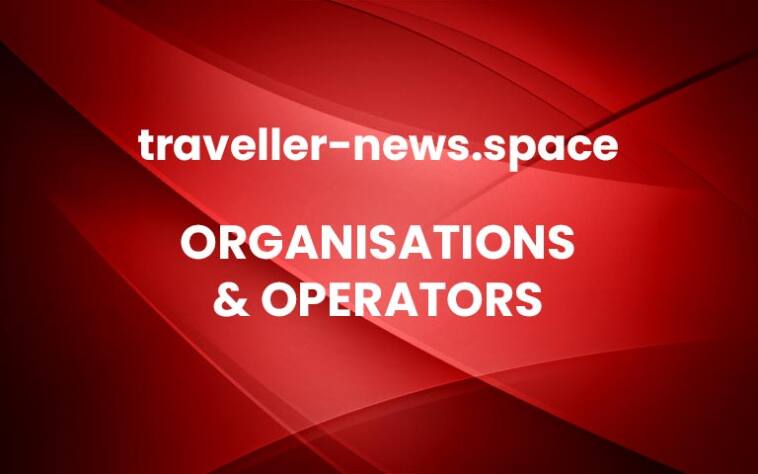Riyadh Air and Huawei Sign an MoU to Advance Digital Capabilities for a New Future of Air Travel
Riyadh Air and Huawei have signed a Memorandum of Understanding (MoU) which brings together the former’s global growth vision and the latter’s technological expertise to elevate how guests discover, book and experience travel with the Kingdom’s new national carrier.
The partners have already explored new opportunities in smart aviation and digital innovation, and this MoU marks the next significant step in the airline’s ambition to become one of the world’s most digitally advanced carriers. More


